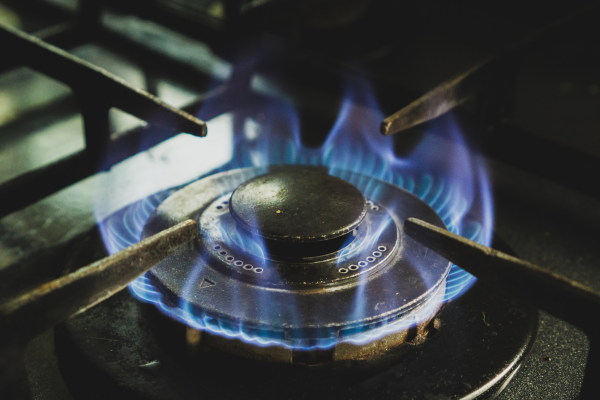A recent study has raised concerns about gas stoves in our kitchens.
The study, which was conducted by scientists at Stanford University, measured benzene levels in 87 homes in both California and Colorado.
The findings of the investigation concluded that these stoves often release rates of benzene that are unhealthy, according to guidelines set out by the World Health Organisation and the Environmental Protection Agency in the United States.
Within the 87 homes that took part in the research, it was discovered that leaving a single gas hob on for 45 minutes increased the level of benzene in the air to a dangerous rate - even higher than that produced by secondhand tobacco smoke.
While gas hobs, gas ovens and propane stoves found similar levels of benzene emissions in the report, scientists noted that induction stoves released no benzene amounts at all.
Crucially, since the report was published, scientists have noted that even low doses of benzene in the air can raise your risk of being diagnosed with cancer.
Lymphoma and leukemia have become a particular worry to medical professionals, as low doses of benzene can damage bone marrow and could therefore lead to a cancer diagnosis in the future.
Speaking about the study’s findings to The Guardian, oncologist Dr Jan Kirsch reiterated the worrying links that benzene has to cancer.
“I’m hard-pressed to think of a more powerful chemical cause of leukemia than benzene,” she stated.
“People have died, undoubtedly, from exposure to benzene in their homes and unless this problem is ameliorated people will continue to do so,” Dr Kirsch added. “The idea is not to cause panic, but there are risks and we want to reduce them. It’s important this message is carried to the public, so we can understand and act on it.”
Professionals recommend letting as much ventilation into your home as possible when using gas to cook, to limit the amount of benzene lingering in the air.















